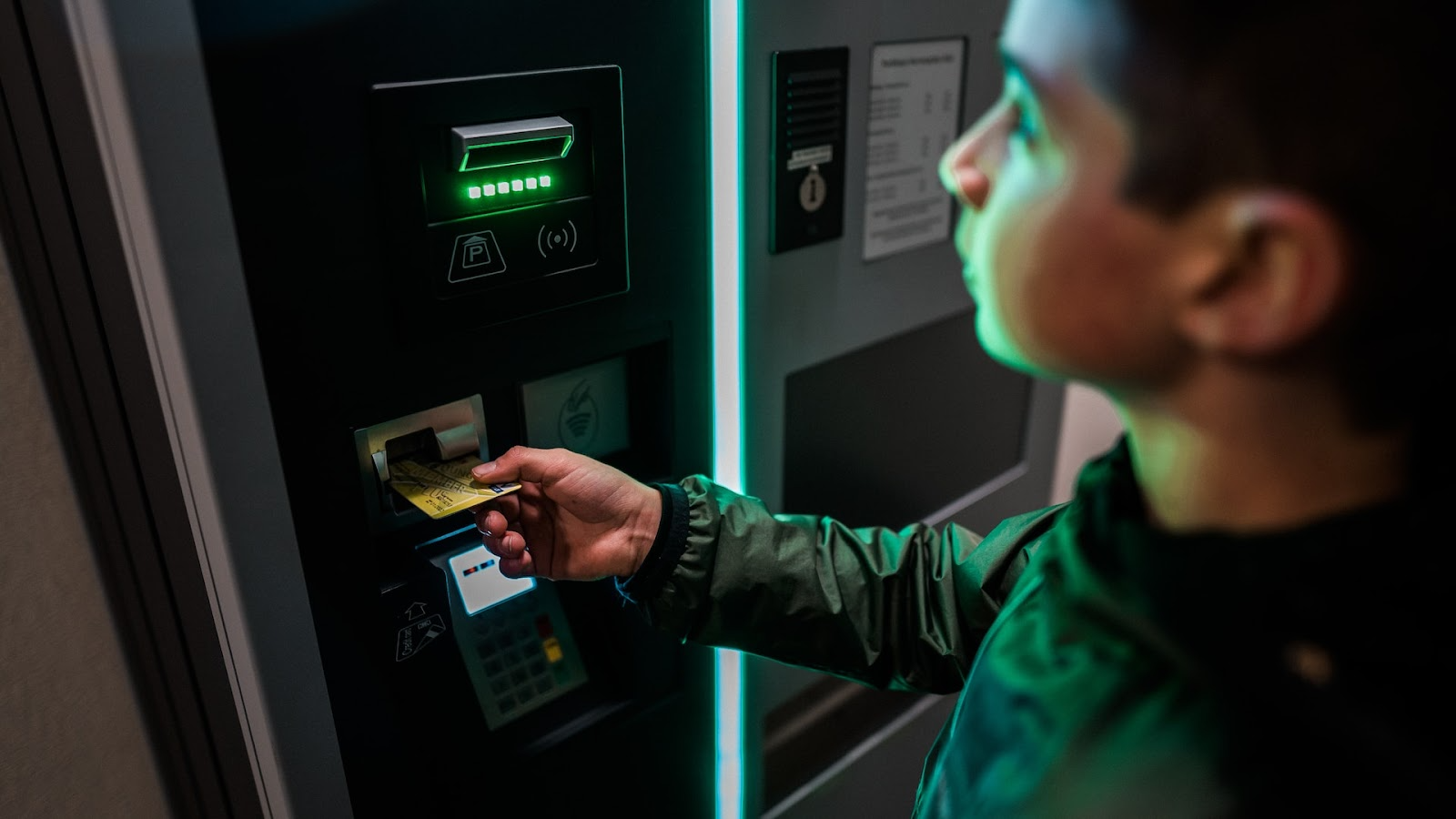Bitcoin and the U.S. fiscal reckoning

How Bitcoin protects Americans from inflation: When Silicon Valley Bank and Signature Bank collapsed last month, regulators hastened to assure depositors that they would get all their money back. Analysts at JPMorgan Chase & Co. estimate that the Federal Reserve’s new backstop program could inject as much as $2 trillion in liquidity into the banking system. Meanwhile, President Biden has proposed a $6.8 trillion budget for FY2024. Public debt and the Fed’s balance sheet are at record-breaking levels. This should give Americans pause because, as FREOPP President Avik Roy observed in National Affairs, runaway deficits and skyrocketing debt have always ended in economic stagnation or ruin. Declining faith in U.S. credit and a devalued dollar threaten the financial security of millions of people. But Avik writes that we are no longer destined to go down with the Fed’s sinking ship:
In 1971, when Washington debased the value of the dollar, Americans had no real recourse. Today, through bitcoin, they do.
Like gold, bitcoin is divisible, unforgeable, durable, and fungible. It is also portable, secure, and censorship resistant. Avik argues that bitcoin is a way for ordinary Americans to protect their savings from the federal government’s mismanagement, and it is far preferable to a centralized, authoritarian alternative such as a Chinese-style central-bank digital currency. Regulators should expand, not restrict, the ability of Americans to exchange dollars for bitcoin. A favorable legal regime would also allow the U.S. to capitalize on the currency and its underlying technology’s potential to become the next great driver of American growth.
→ Hear Avik discuss bitcoin and its importance in a time of ballooning federal debt and spending in a 2021 SALT Talks conversation.
Has the world privatized bankers’ gains and socialized their losses? With the U.S. Federal Reserve, the Bank of Canada, and the European Central Bank coming together with implicit and—in Europe’s case—explicit bailout guarantees, FREOPP Research Fellow Jon Hartley writes in The Globe and Mail that the banking world has fundamentally changed. Rescuing banks to prevent contagion comes with costs, many of which depositors will ultimately bear in the form of more fees and higher required balances: changes that make banking more costly for those who can least afford it. These costs are compounded by the unintended consequences and moral hazards associated with removing incentives for sound banking practices. The result? Banking that is more unfriendly to retail customers, more reckless in its risk-taking, and more tied to government power and debt.
What does central bank policy mean for economic growth? Check out Jon’s podcast, Capitalism and Freedom in the Twenty-First Century. In the latest episode, he interviews economist John Taylor about his views on monetary policy in the U.S., Europe, and Japan over the decades; international economics; the state of fiscal policy; and economic growth.
An analysis of the Lower Energy Costs Act: Over the past two years, Americans endured a spike in energy prices that cost the average family more than $180 per month, or roughly five percent of the average monthly household income. As the Biden Administration continues its push to move away from fossil fuels, the House Republican majority introduced H.R. 1, a compendium of energy reforms named the Lower Energy Costs Act. At FREOPP.org, FREOPP Senior Fellow George P. Bush and Visiting Fellow Grant Dever assess the Act’s proposed reforms to land leasing, environmental restrictions on and regulatory approval processes for resource extractions, and nuclear energy development. Overall, the bill seeks to slash red tape, secure supply chains, and insulate energy markets from the shocks of events like the war in Ukraine. Several provisions would also reduce the project risk of building new nuclear plants in the U.S. Partisan differences make passage of the Act as-is unlikely, but George and Grant note that there are several areas—particularly provisions making permitting rules for renewables and fossil fuels alike more rational—that hold real promise for bipartisan convergence.
Thanks for keeping up with FREOPP, and have a great weekend!
FREOPP’s work is made possible by people like you, who share our belief that equal opportunity is central to the American Dream. Please join them by making a donation today.


